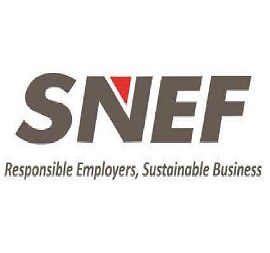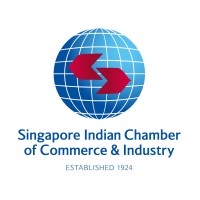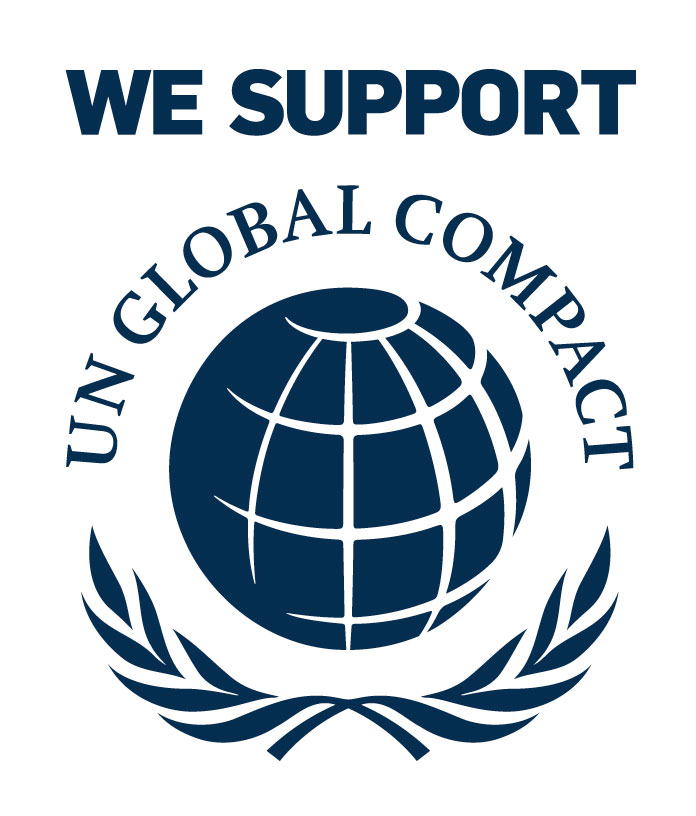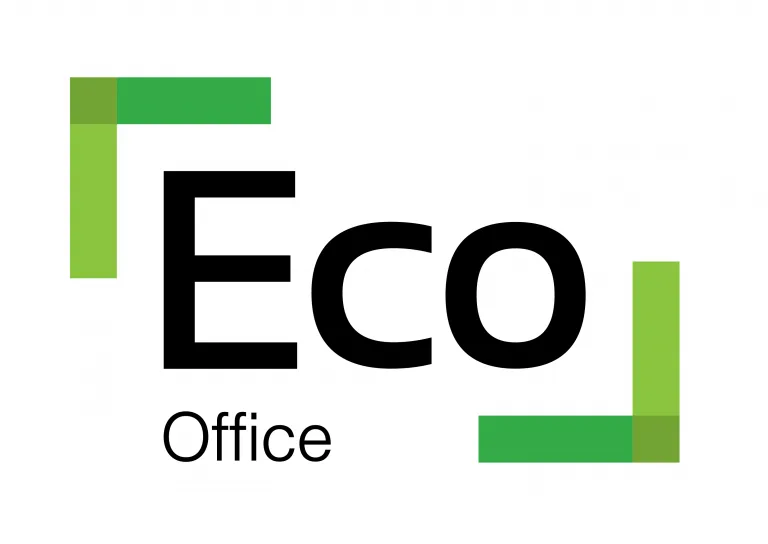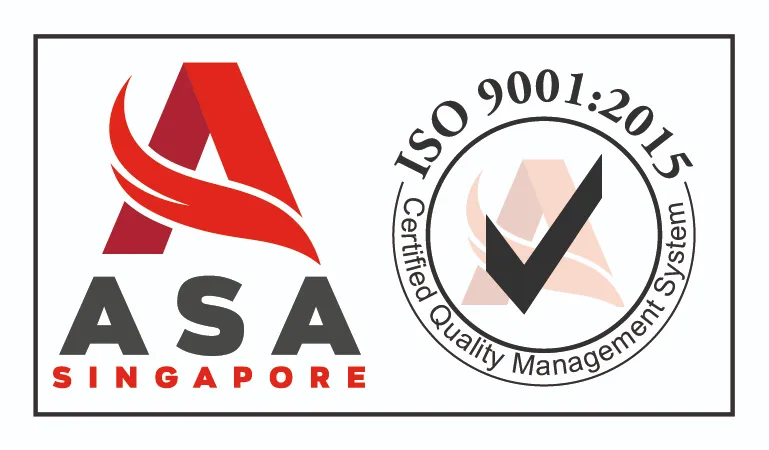If your business is involved in the export of goods from Singapore, chances are you’ve come across the term Certificate of Origin (CO). But when is it required? Is it always necessary, or only for certain destinations?
At Declarators Pte Ltd, we support businesses with accurate, timely trade documentation, including CO applications. In this article, we’ll explain when you need a Certificate of Origin in Singapore, why it matters, and how we can help streamline the process.
What Is a Certificate of Origin?

A Certificate of Origin is an official trade document that certifies the origin of goods being exported. It indicates whether the goods are wholly obtained, produced, manufactured, or processed in a specific country.
In Singapore, COs are issued by:
- Singapore Customs (for Preferential COs)
- Singapore Chinese Chamber of Commerce & Industry (SCCCI) and other chambers (for Non-Preferential COs)
There are two main types of COs:
- Preferential Certificate of Origin (PCO) – For goods that qualify for tariff concessions under Free Trade Agreements (FTAs).
- Non-Preferential Certificate of Origin (NPCO) – For goods not covered by FTAs but required for customs clearance in the importing country.
When Do You Need a Certificate of Origin?
You may need a Certificate of Origin in the following scenarios:
1. To Claim Preferential Tariff Rates Under FTAs
If your goods qualify for preferential treatment under a Free Trade Agreement (e.g. ASEAN-China FTA, Singapore-EU FTA), a PCO is required. It allows your buyer to enjoy reduced or zero import duties, making your products more competitive in overseas markets.
Common FTAs that require PCOs:
ASEAN Trade in Goods Agreement (ATIGA), ASEAN-China FTA, Singapore-Japan EPA, etc.
2. When Required by the Importing Country’s Customs
Some countries require a CO (often NPCO) to meet customs regulations even if no tariff benefits apply. This is often requested for statistical or trade policy reasons.
3. To Meet Buyer or Letter of Credit (L/C) Requirements
Your overseas customer, or their bank, may request a CO as part of the documentary requirements for trade financing or shipment acceptance. It’s common in industries like textiles, electronics, or automotive parts.
4. To Prove Origin for Sanctions or Trade Restrictions
In certain situations—such as trade with countries under embargoes or sanctions a CO is used to prove that the goods do not originate from a restricted country.

Don’t Let Missing COs Delay Your Shipments
A Certificate of Origin may seem like a routine document, but in many cases, it’s critical to getting your goods cleared smoothly and affordably at the destination. Whether you’re tapping into Free Trade Agreements or meeting your buyer’s conditions, knowing when and how to apply for the right CO is essential.
At Declarators, we understand the importance of accurate and timely documentation in international trade. Let Declarators Pte Ltd help you navigate Singapore’s trade documentation requirements with confidence and efficiency. Contact us (63852155) today or drop us an email (group@declarators.com.sg) to get expert support for your next shipment.






